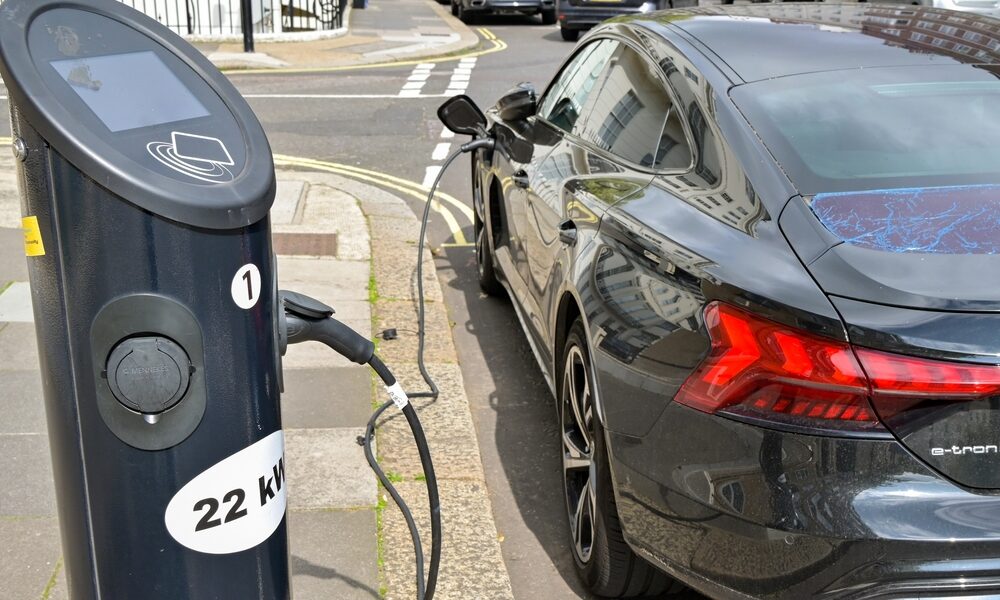It’s time to kick the Pavement Tax fight to the kerb
Paul Tomlinson, co-founder of home charger firm Cord argues that the battle to equalise VAT on private and public charging is getting in the way of progress elsewhere
UK EV adoption is in a funny place right now.
The government is sticking to its ZEV mandate, and Labour aren’t going to seriously change it if elected later this year. Sales aren’t anywhere near as anaemic as some headline writers want you to believe. But they are very lopsided – more than five in six EVs sold last month went to business buyers, not private ones. Business buyers are generally more likely to buy brand new cars than regular private drivers, but the generous tax incentives for business purchases are also impacting this.
So, it makes sense that as an industry and as people who want to avoid catastrophic climate change, we should be campaigning for a bit more tax encouragement in the private market.
But I’m worried that we’ve picked the wrong battle with the ‘pavement tax’.
If you’re not familiar, this is a fight to equalise the VAT rate for public charging with private charging. Its proponents in the Fair Charge campaign posit that it is entirely unfair that those who power up their car on a public charger pay a VAT rate of 20%, while those who charge their cars at home pay just 5%.
I entirely agree with these campaigners that it is unfair. If I was in charge, we would change it. But it’s a fight that is both unrealistic and wouldn’t do all that much to make EV driving cheaper.
Let me start with realism. The government has been asked to do this for years, most recently by a House of Lords report on EV adoption. Its response was not just to refuse to make the change – it was to refuse to even model how much this would cost the exchequer. While this government might not survive until Christmas, it seems unlikely that Labour will want to spend much political (or real) capital on this issue, and Whitehall is never keen on adding more complexity to the tax system.
Then we can consider what it would add. VAT is part of the reason public charging is at least three times as expensive as home charging – but it is far from the only reason. If we are to electrify the country’s fleet we are going to need to get something like home charging for everyone, not just slightly cheaper but still inconvenient public charging. Charging your car overnight at home is extremely convenient, slotting perfectly into most people’s days. But it does require a bit of a mindset change in the thinking about how we fuel our vehicles – moving away from the notion that fuelling up your car requires a discrete trip to a forecourt somewhere.
This is where I believe the industry should focus its advocacy efforts.
Too many renting households don’t see an EV as an option because their landlords are reluctant to allow installation of chargers, despite the subsidies available. Other households with no off-street parking are stopped from installing chargers on the pavement thanks to a patchwork of local consenting rules. A legislated ‘right to install’ could quash this issue once and for all – without costing the government anything.
If there is money to spend, taking VAT off the cost of home chargers or EVs themselves would make that upfront cost of getting an EV far cheaper. We know that it is this upfront cost that is really holding people back from EVs, far more than the day-to-day costs of running them.
Home charging is always going to be the main way people charge EVs. It simply makes so much more sense to use off-peak power when your car is not in use overnight than park somewhere during the day and wait. We should focus our advocacy efforts on making sure everyone can enjoy it.
